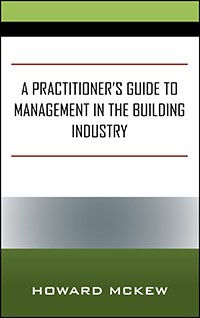The Energy Wiz: Lowering Usage is the Safe Play
As major power consumers, casinos are always looking for ways to cut their utility bills. Some of the lessons learned by Nevada's gaming palaces (among the oldest and largest in the United States), may be useful for gambling facilities in states facing deregulation and/or power price volatility.



